The Final Fantasy franchise is one of the best the gaming industry has had to offer in the past three decades. Sprawling tales with fantastic settings, bizarre characters, and kick-ass game mechanics make the franchise truly unique. It’s what all the best Final Fantasy games of all time have in common.
Naturally, with millions of copies sold, countless video game spin-offs, and a multimedia empire, there has long been a debate among the fans of the series as to which of these games are actually the best Final Fantasy game.
With every mainline entry into the series, this debate gets heated up again, so we here at Virlan thought we should add our voice on the heel of the release of Final Fantasy 16. So, let’s not dilly-dally and get right down to the business of naming the Final Fantasy games of all time.
Final Fantasy 8
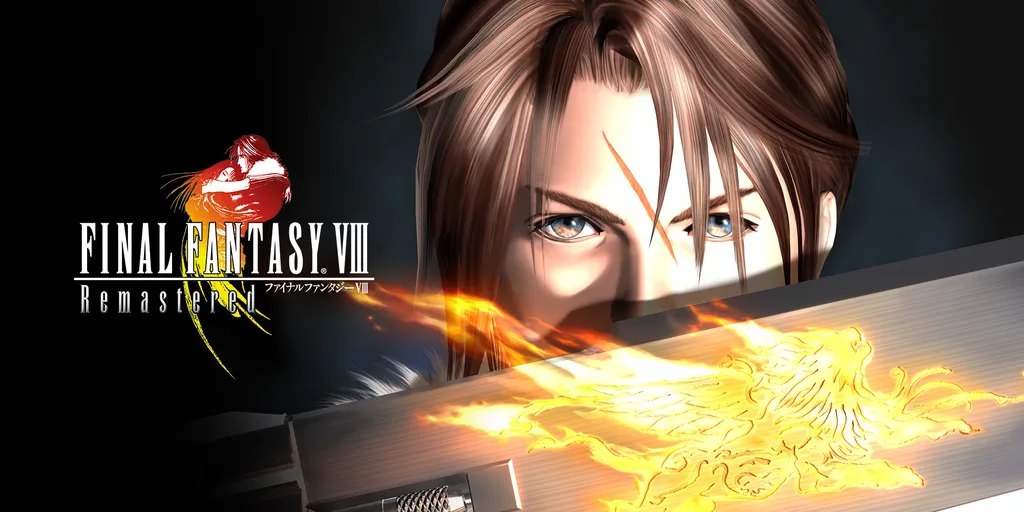
Starting our list of best FF games is an entry that has been one of the most divisive in the series: Final Fantasy VIII. Arguably the most divisive entry of the PlayStation era, can easily be considered the boldest of the three. The game follows the journey of mercenary students, known as SeeDs, from Balamb Garden. Led by the brooding Squall and his crew, they become entangled in the schemes of an ancient sorceress aiming to manipulate the very fabric of time and space. This perilous adventure pushes them to the brink of life and death, delves into the past through skillful flashbacks, and challenges players to question the reality of the unfolding events. With its stunning cinematic summons called Guardian Forces and the enjoyable Triple Triad trading card game, Final Fantasy VIII presents a captivating spectacle, offering a vast world to explore and vibrant characters to forge connections with.
However, the most contentious aspect of Final Fantasy VIII lies in its junction system, which allows magic spells to be equipped to enhance specific character stats. These spells also act as consumable items stored in the inventory, replacing the traditional use of MP, and must be “drawn” from special locations on the map or directly obtained from enemies in battle. As a result, utilizing a spell that is functioned to a character will diminish the very start it is meant to boost. This tying of consumable spells to player power creates a risk/reward system that evokes strong feelings of either adoration or disdain among players, ultimately preventing Final Fantasy VIII from ascending to the upper echelons of the series.
Final Fantasy 15
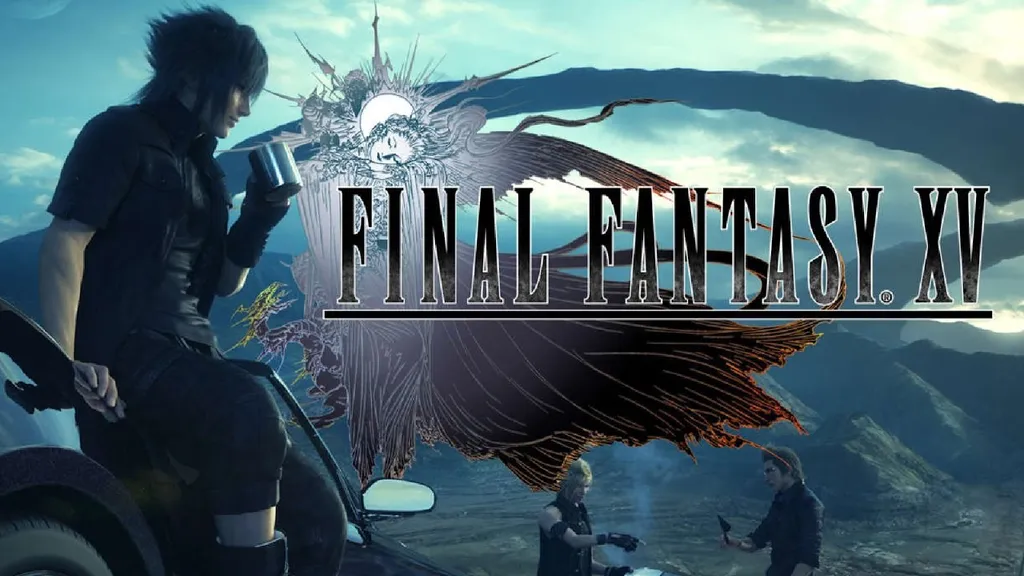
The anticipation surrounding the release of Final Fantasy XV was palpable. Initially known as “Versus XIII,” the game not only expanded upon the Fabula Nova Crystallis series established by the XIII Trilogy but also represented the next evolutionary leap for the Final Fantasy franchise with its introduction of a next-generation open world (distinct from the hub-centric open-world of XII). While Noctis, Prompto, Gladiolus, and Ignis may not have been the most captivating group, their journey through the lush landscapes of Eos was brimming with enjoyable moments, including real-time battles with Astral Summons and the camaraderie of cooking over a campfire beneath starry sky.
However, Final Fantasy XV falls just short of achieving top-tier status due to its repetitive action loop, convoluted plot (particularly in its middle to final hours), and lackluster side quests. Nevertheless, the game’s frenetic combat system and breathtaking environments undeniably influenced future projects within the Final Fantasy series.
Final Fantasy 12
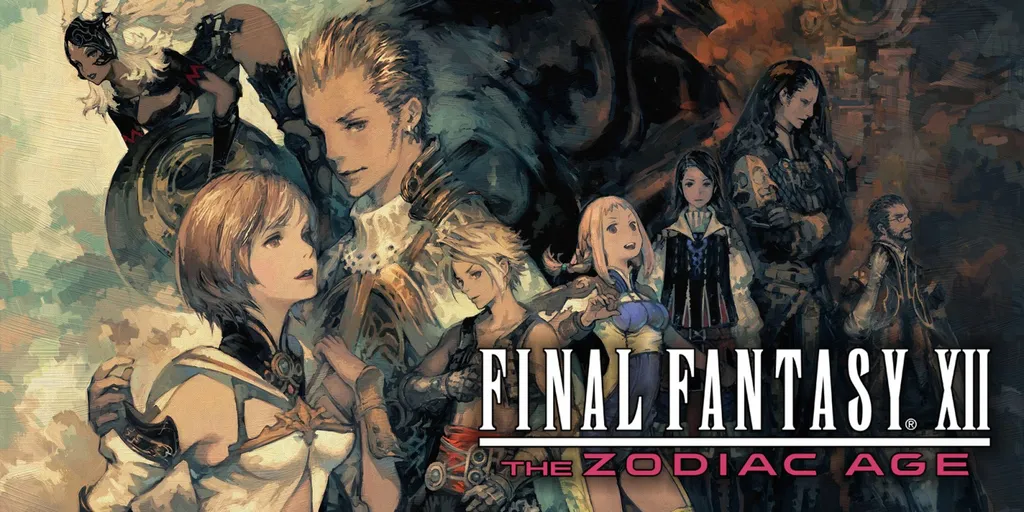
Upon its release, some fans perceived Final Fantasy XII as a drastic and unnecessary departure that deviated from the established norms of the series. However, with the benefit of hindsight, it becomes apparent that some actually informed Final Fantasy XII’s design choices of the most exceptional games in the Final Fantasy lineage.
For instance, Final Fantasy XII presents a profound and tactical battle system that seamlessly combines elements from Final Fantasy XI Online, Final Fantasy Tactics, and the classic Active Time Battle (ATB) system featured in the SNES and PS1 games. Additionally, the game is set in the richly developed world of Ivalice, shared with the Tactics series, which is arguably one of the most intricately crafted settings in the Final Fantasy franchise, excluding the MMO entries. Furthermore, the Zodiac Age version of Final Fantasy XII incorporates the iconic job system that has been a staple in many other Final Fantasy titles.
Furthermore, Final Fantasy XII introduced innovative mechanics that left a lasting impact on future installments. Notably, the Gambit system served as the foundation for AI-controlled Trust party members in Final Fantasy XI and XIV. Its expansive and immersive environments, real-time combat, and quest-driven gameplay akin to MMOs significantly influenced the RPG genre as a whole, setting the stage for other large-scale games like Xenoblade Chronicles.
The definitive edition of Final Fantasy XII is the Zodiac Age, which incorporates the aforementioned job system and includes quality-of-life enhancements, improved visuals, an enhanced soundtrack, and additional side content. This version is available on PlayStation, Xbox, PC, and Nintendo Switch platforms.
Final Fantasy 10
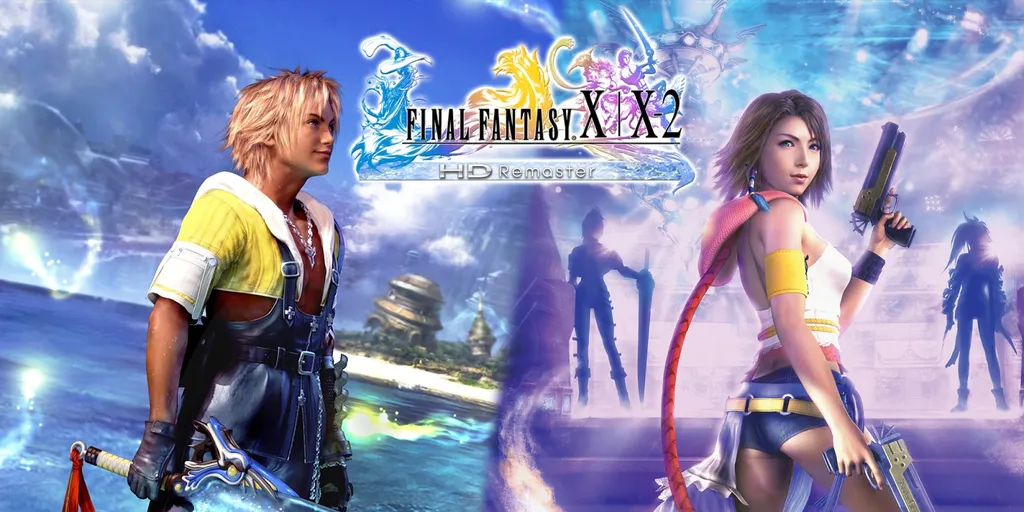
Final Fantasy X brought about a revolution on multiple fronts. As the first installment in the series to feature full voice-acting, it effectively used this innovation to deliver a captivating and often emotionally moving narrative. The game unfolds a tale of heroes triumphing over ancient adversaries and challenging oppressive cultural traditions while also discovering love amidst their trials.
Final Fantasy X introduced faster and more engaging confrontations with its revamped battle system, while the Sphere Grid introduced a thrilling new standard for flexible character progression. Although Tidus may be perceived as somewhat goofy, the endearing relationships he forms with his allies, such as the kind-hearted Yuna and the effortlessly cool Auron, provide a satisfying balance. Even after decades, players remain enthusiastic about dodging lightning bolts, ascending Mt. Gagazet, and experiencing uncontrollable sobs at the game’s conclusion, just as they did in 2001.
Final Fantasy 14: A Realm Reborn
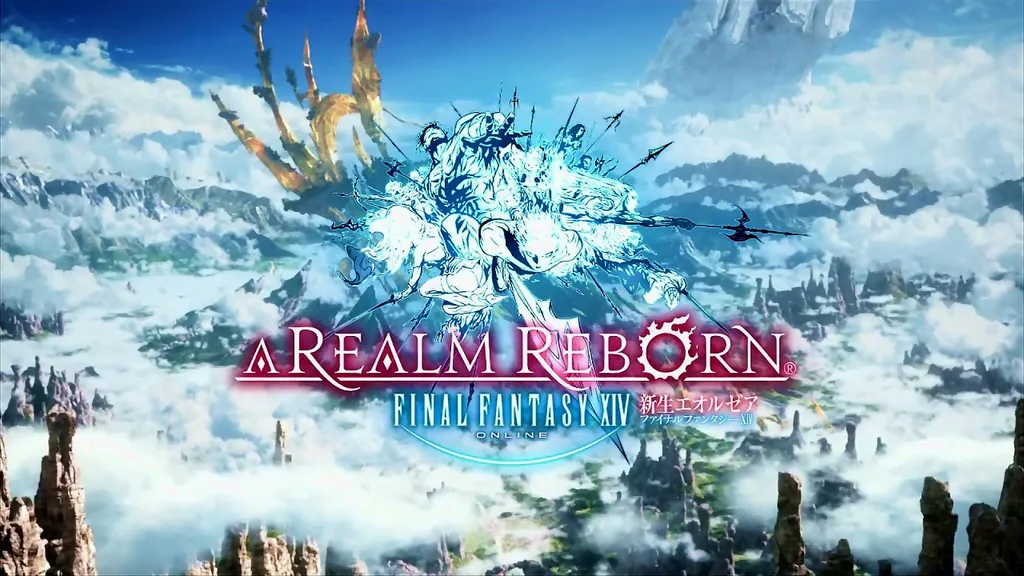
Final Fantasy XIV, one of the greatest success stories in the gaming industry, underwent a remarkable transformation from an initial failure to becoming one of the most popular MMOs and highly acclaimed installments in the entire Final Fantasy series. Following its 2.0 update, known as A Realm Reborn, the dedicated developers at Square Enix’s Business Unit III meticulously crafted a rich and captivating narrative, featuring unforgettable characters and clever references to nearly every entry in the franchise.
Today, Final Fantasy XIV stands as a heartfelt tribute to the series, forging its own distinctive path and delivering a story that ranks among the best in the franchise. While fundamentally an MMO, much of the game can be enjoyed solo, offering a fulfilling experience for players who prefer to play alone. However, for those who venture forth with friends on quests, there are countless hours of shared delight to be had.
This flexibility has greatly contributed to the game’s ability to attract a broader player base, allowing more individuals to partake in the trials and tribulations of the Warrior of Light and the Scions of the Seventh Dawn as they strive to unite the nations of Eorzea and the wider world. Although it may appear daunting to dive into this modern Final Fantasy, it undoubtedly offers the most rewarding and exhilarating entry of the past two decades.
Final Fantasy 16
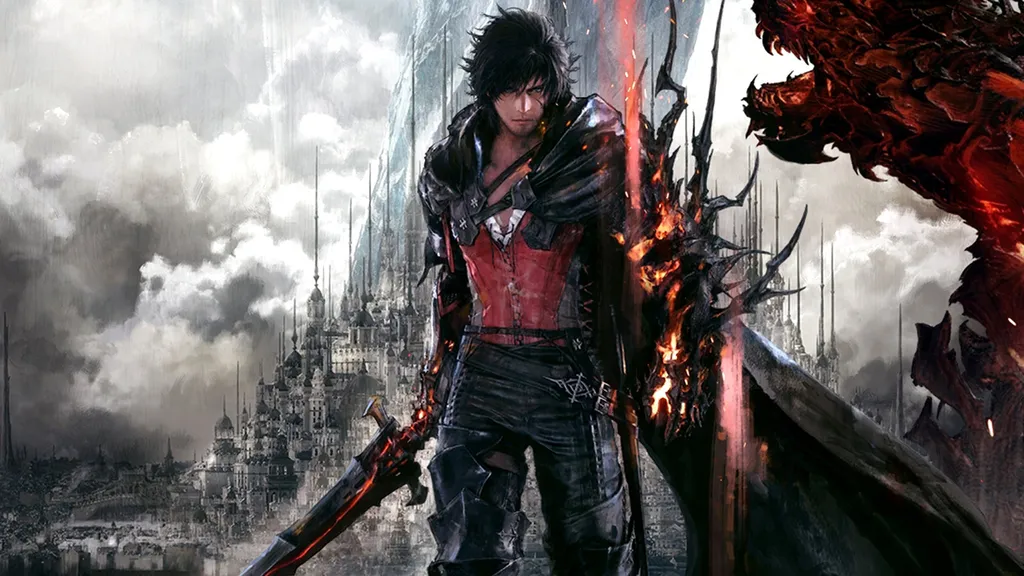
Final Fantasy 16 is a return to the form for the franchise. Developed by the same team that delivered the excellent Final Fantasy 14, led by the magnificent Yoshi P, Final Fantasy 16 has kick-ass combat, a great narrative, and visuals that the biggest blockbuster movies could only dream of. Heavily influenced by the works of modern Western fantasy, FF XVI breathes new life into the series, something that Yoshi. P has insisted the franchise needed.
The game’s combat veers more toward a character action game, but the game’s protagonist, Clive, could throw down with the best of the genre, bringing a mix of DMC’s Dante and the frantic nature of Asura’s Wrath to make a uniquely satisfying combat system. The game falters in delivering promising side content, but the sheer power of the spectacle it provides makes it one of the best Final Fantasy games of all time.
Hear more about our thoughts on the game by reading our review of Final Fantasy 16.
Final Fantasy 9
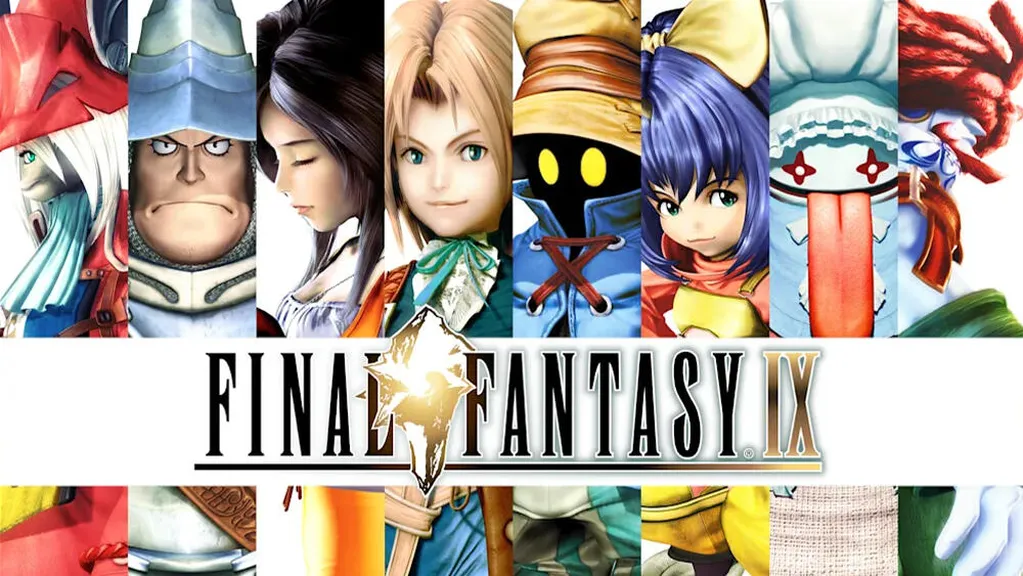
Depending on one’s perspective, Final Fantasy IX was perceived as either a return to the series’ roots or a regressive deviation. The decision to revert to a medieval fantasy setting populated with cartoony characters after the successes of Final Fantasy VI, VII, and VIII sparked debates among fans. Compounding the issue, the original PS1 version of the game suffered from lengthy load times and inconsistent performance during battle scenes. Nonetheless, Final Fantasy IX boasts one of the most captivating stories in the series. Behind the cute façade of characters like Vivi, Zidane, and Freya, profound philosophical and ethical dilemmas are explored, transcending genre tropes.
However, it must be acknowledged that Final Fantasy IX notably underutilizes some of its core party members and features one of the most anticlimactic final boss twists in the entire series. The game also foreshadowed the series’ shift towards a more linear gameplay structure, and it lacks much of the exploration and side content that defined its predecessors.
Nevertheless, we still recommend playing Final Fantasy IX due to its central cast’s strength and life-affirming message. An HD remaster of the game is available on various platforms, including PC, PlayStation, Xbox, Nintendo Switch, Android, iOS, and devices like the Nvidia Shield. All versions offer helpful optional features, such as the ability to disable random encounters or make your party invincible, although playing through without these features is also possible.
Final Fantasy 6
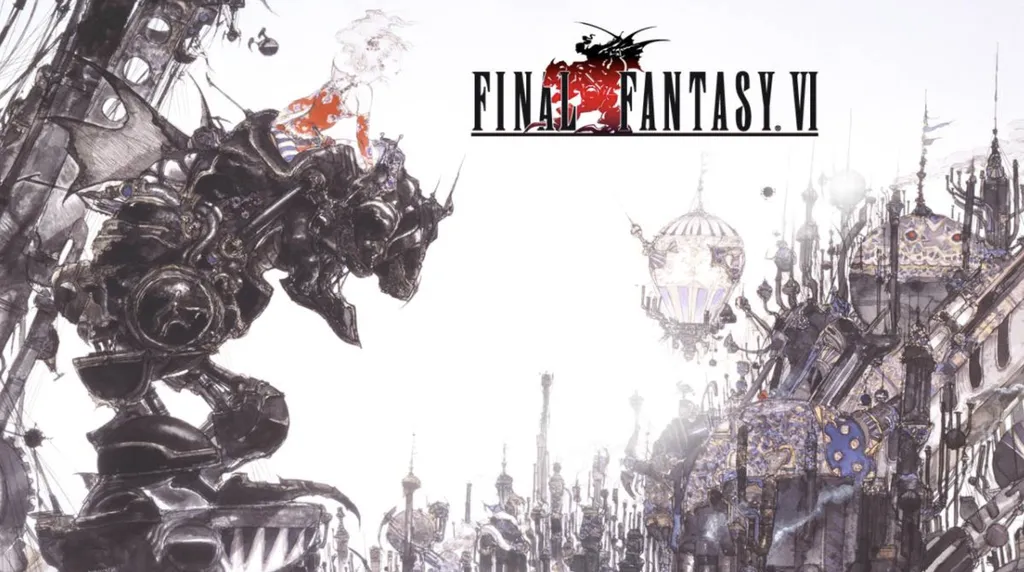
Final Fantasy VI, released nearly 30 years ago, continues to be hailed as the finest game in the Final Fantasy series. Its groundbreaking nature emerged when it was originally launched on SNES, blending the story-driven approach of Final Fantasy II and IV with the intricate gameplay mechanics of III and V. The game boasts a wealth of compelling storylines, extensive character customization, and a sprawling world ripe for exploration. Its notable achievement lies in the skillful handling of a diverse ensemble cast of 14 main party members, each with their own fully-developed character arcs and unique gameplay abilities and various guest characters and NPCs. Furthermore, Final Fantasy VI is distinguished by its portrayal of Kefka, widely considered the best villain in the series.
Without giving away any spoilers, it is worth mentioning that few Final Fantasy games, and even fewer video games in general, dare to execute the narrative and gameplay shift that Final Fantasy VI undertakes during the middle of the game. And even fewer succeed in executing it as masterfully as Final Fantasy VI does.
In essence, if you were to choose just one Final Fantasy game to experience, Final Fantasy VI should be at the top of your list. As of 2023, the Pixel Remaster version offers the best way to enjoy it, available on Steam, PlayStation, Switch, and mobile platforms.
Final Fantasy 7
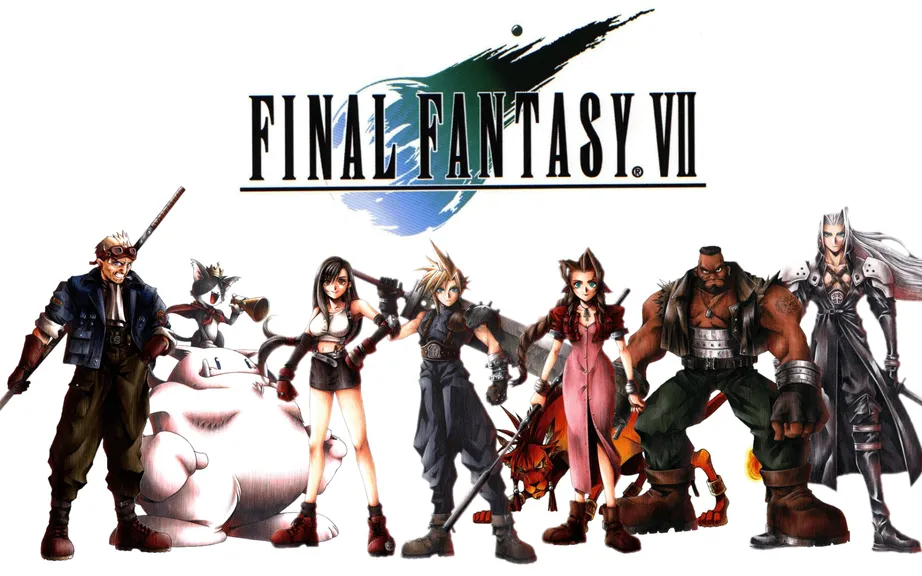
Without its monumental seventh entry, Final Fantasy would not have achieved the same heights. Final Fantasy VII revolutionized the series as the first game to incorporate FMV and 3D graphics, marking the beginning of a new era defined by captivating storytelling and immersive world-building. The iconic character designs, such as Sephiroth’s distinctive silver hair and impossibly long Masamune sword, as well as Barret’s robust physique and arm cannon, firmly established Cloud and his companions as the quintessential faces of the entire franchise.
Moreover, Final Fantasy VII delved into resounding and prevalent themes, including political corruption, ecoactivism, mental illness, and survivor’s guilt, which added depth and complexity to its already impressive dieselpunk and dystopian setting. Square’s traditional turn-based combat mechanics were elevated by cutting-edge art direction, while Nobuo Uematsu’s timeless score further elevated the game’s impact. Final Fantasy VII can be considered the most influential and enduring installment in the series.
Considered by many to be the best Final Fantasy game of all time, FF7 stands as an iconic piece of gaming entertainment and is even mad better by a fully fleshed out remake (more like a re-imagining) released for the modern consoles.
The Final Fantasy series is a long-running and highly influential franchise of role-playing video games developed and published by Square Enix (formerly Square). It was created by Hironobu Sakaguchi and first released in 1987. The series is known for its captivating storytelling, memorable characters, immersive worlds, and rich gameplay mechanics.
Final Fantasy XIV. Initially, the game faced challenges during its first iteration but was reimagined and relaunched as “A Realm Reborn,” ultimately becoming one of the most popular MMOs and acclaimed titles in the Final Fantasy series.












